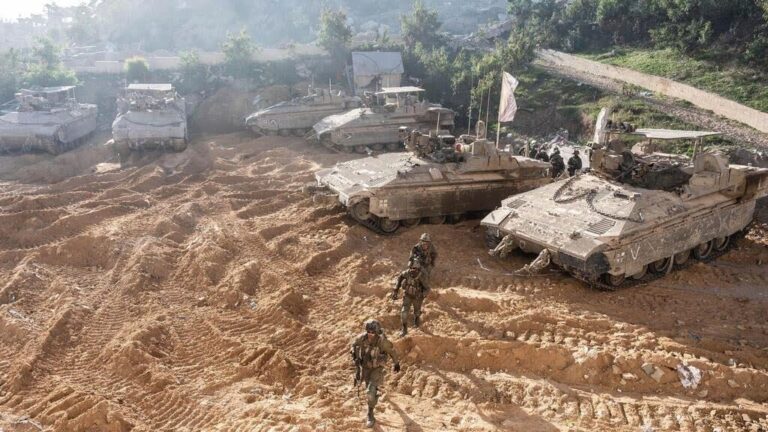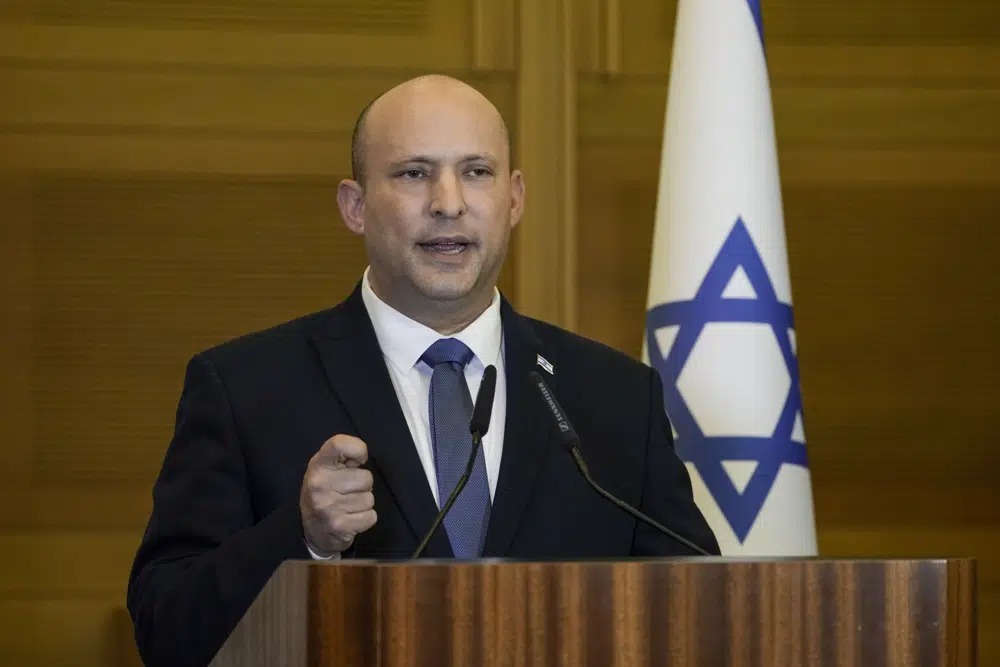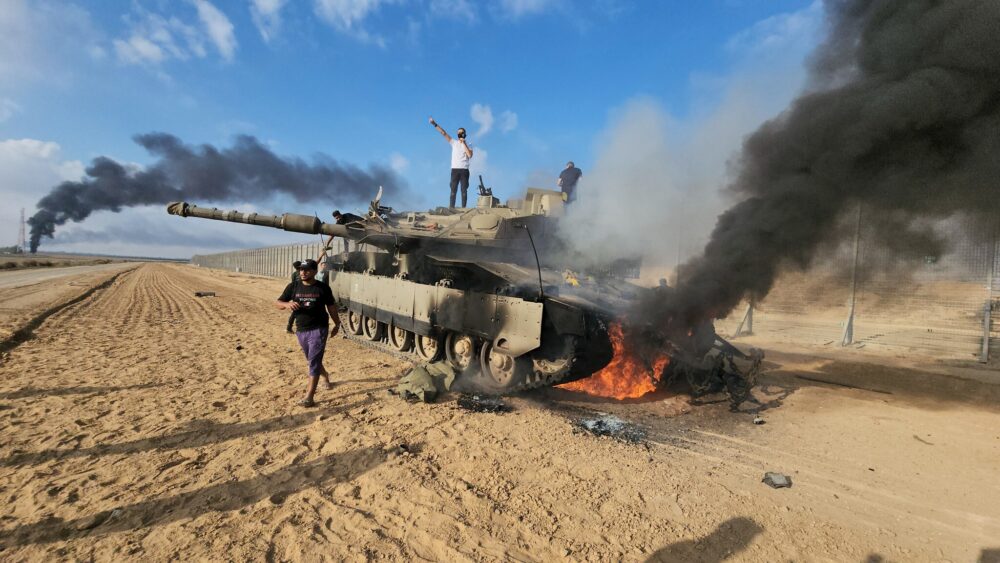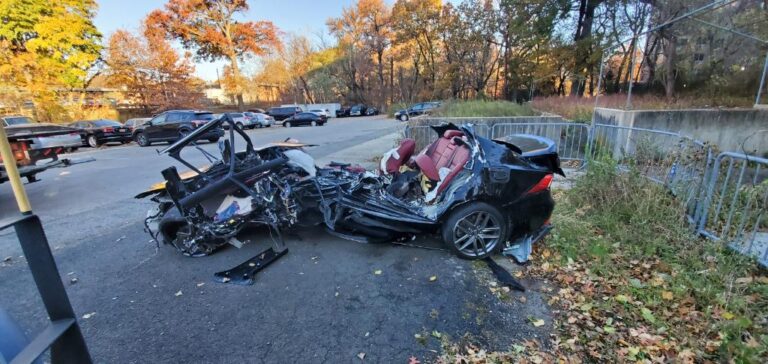 A chartered plane carrying a Brazilian first division soccer team crashed outside Medellin while on its way to the finals of a regional tournament, killing 76 people, Colombian officials said Tuesday. Six people initially survived, but one of them later died in a hospital.
A chartered plane carrying a Brazilian first division soccer team crashed outside Medellin while on its way to the finals of a regional tournament, killing 76 people, Colombian officials said Tuesday. Six people initially survived, but one of them later died in a hospital.
The British Aerospace 146 short-haul plane, operated by a charter airline named LaMia, declared an emergency and lost radar contact just before 10 p.m. Monday (0300 GMT) because of an electrical failure, aviation authorities said.
The aircraft, which had departed from Santa Cruz, Bolivia, was transporting the Chapecoense soccer team from southern Brazil for the first leg Wednesday of a two-game Copa Sudamericana final against Atletico Nacional of Medellin.
“What was supposed to be a celebration has turned into a tragedy,” Medellin Mayor Federico Gutierrez said from the search and rescue command center.
The club said in a brief statement on its Facebook page that “may God accompany our athletes, officials, journalists and other guests traveling with our delegation.”
South America’s soccer federation extended its condolences to the entire Chapecoense community and said its president, Alejandro Dominguez, was on his way to Medellin. All soccer activities were suspended until further notice, the organization said in a statement.
Dozens of rescuers working through the night were initially heartened after pulling three passengers alive from the wreckage. But as the hours passed, and heavy rainfall and low visibility grounded helicopters and complicated efforts to reach the mountainside crash site, the mood soured to the point that authorities had to freeze until dusk what was by then a body recovery operation.
Images broadcast on local television showed three passengers arriving to a local hospital in ambulances on stretchers and covered in blankets connected to an IV. Among the survivors was a Chapecoense defender named Alan Ruschel, who doctors said suffered spinal injuries. Two goalkeepers, Danilo and Jackson Follmann, as well as a member of the team’s delegation and a Bolivian flight attendant, were found alive in the wreckage.
But Danilo later died while receiving hospital treatment, team spokesman Andrei Copetti told The Associated Press.
The plane was carrying 72 passengers and nine crew members, aviation authorities said in a statement. Local radio said the same aircraft transported Argentina’s national squad for a match earlier this month in Brazil, and previously had transported Venezuela’s national team.
British Aerospace, which is now known as BAE Systems, says that the first 146-model plane took off in 1981 and that just under 400 — including the successor Avro RJ — were built in total in the U.K. through 2003. It says around 220 of are still in service in a variety of roles, including aerial firefighting and overnight freight services.
Alfredo Bocanegra, the head of Colombia’s aviation authority, said initial reports suggest the aircraft was suffering electrical problems although investigators were also looking into an account from one of the survivors that the plane had run out of fuel about 5 minutes from its expected landing at Jose Maria Cordova airport outside Medellin.
A video published on the team’s Facebook page showed the team readying for the flight earlier Monday in Sao Paulo’s Guarulhos international airport. It wasn’t immediately clear if the team switched planes in Bolivia or just made a stopover with the same plane.
The team, from the small city of Chapeco, was in the middle of a fairy tale season. It joined Brazil’s first division in 2014 for the first time since the 1970s and made it last week to the Copa Sudamericana finals — the equivalent of the UEFA Europa League tournament — after defeating two of Argentina’s fiercest squads, San Lorenzo and Independiente, as well as Colombia’s Junior.
“This morning I said goodbye to them and they told me they were going after the dream, turning that dream into reality,” Chapecoense board member told TV Globo. “The dream was over early this morning.”
The team is so modest that its 22,000-seat arena was ruled by tournament organizers too small to host the final match, which was instead moved to a stadium 300 miles (480 kilometers) to the north in the city of Curitiba.
“This is unbelievable, I am walking on the grass of the stadium and I feel like I am floating,” Copetti told the AP. “No one understands how a story that was so amazing could suffer such a devastating reversal. For many people here reality has still not struck.”
(AP)











One Response
Fires in Israel, Tennessee,
Plane crash Brazil